Looking to cut the cord and explore the world of IPTV streaming? An IPTV box might be exactly what you need. These powerful devices have revolutionized how we consume television content, offering flexibility and features that traditional cable services simply can’t match.
In this comprehensive guide, we’ll explore everything about IPTV boxes – from what they are and how they work to the top models available today. Whether you’re a streaming novice or looking to upgrade your current setup, this article will help you make an informed decision about the best IPTV box for your entertainment needs.
What Is an IPTV Box?
An IPTV box (Internet Protocol Television box) is a specialized streaming device that connects to your television and internet connection, allowing you to stream television content over the internet rather than through traditional cable or satellite methods.
Unlike standard streaming devices, IPTV boxes are specifically designed to handle IPTV services, which deliver television content through internet protocols. These boxes serve as the bridge between your TV screen and content providers, decoding the digital signals received via the internet into a format your television can display.
IPTV boxes come in various forms – from dedicated set-top boxes to multipurpose Android TV devices that support IPTV alongside other streaming applications. The key difference from regular smart TVs or basic streaming sticks is their optimization for IPTV services and often more powerful hardware specifications.
How IPTV Boxes Work
Understanding how IPTV boxes function helps you make better decisions when choosing the right device for your needs. Here’s a breakdown of the technology behind these streaming powerhouses:
Technical Foundation
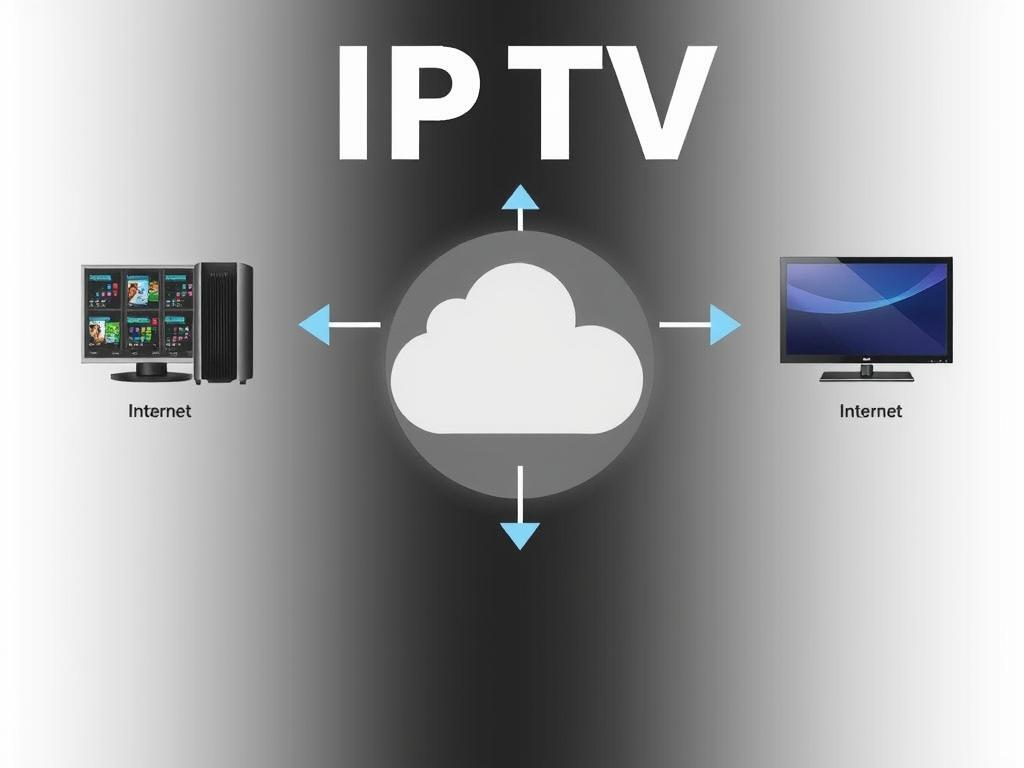
At its core, an IPTV box receives digital content through your internet connection. The content is transmitted in data packets using Internet Protocol (IP), the same method used for all internet communications. The IPTV box then processes these packets, decodes the compressed video and audio signals, and outputs them to your television in a viewable format.
Most IPTV boxes run on modified versions of Android or Linux operating systems, providing a platform for both the core IPTV functionality and additional apps. The hardware typically includes processors optimized for video decoding, RAM for smooth operation, and storage for apps and sometimes recording capabilities.
Internet Requirements
For optimal IPTV streaming, you’ll need a reliable internet connection with sufficient bandwidth. Here are the recommended speeds:
- Standard Definition (SD) content: 3-5 Mbps
- High Definition (HD) content: 5-10 Mbps
- 4K Ultra HD content: 25+ Mbps
A wired ethernet connection often provides more stability than Wi-Fi, especially for higher-resolution streaming, though many modern IPTV boxes include robust Wi-Fi capabilities that work well with strong signals.
Compatibility with Services
IPTV boxes can work with various types of services:
- Subscription-based IPTV services that provide access to live TV channels
- Free and legal IPTV options like Pluto TV or Samsung TV Plus
- Video-on-demand platforms through installed apps
- Local media playback from connected storage devices
Most boxes allow you to install multiple IPTV applications, giving you flexibility in how you access content. This is often done through “side-loading” apps that might not be available in official app stores.
Benefits of IPTV Boxes vs. Traditional TV
Advantages of IPTV Boxes
- Cost-effective compared to cable/satellite subscriptions
- Access to international channels not available on local cable
- On-demand content alongside live TV
- No long-term contracts with most IPTV services
- Flexible viewing with time-shifting and recording features
- Single device for multiple streaming services
- Regular updates adding new features
Limitations to Consider
- Requires stable internet connection
- Potential buffering during peak usage times
- Quality depends on your internet speed
- Some services may operate in legal gray areas
- Technical setup can be challenging for beginners
- Potential compatibility issues with certain services
Comparison with Smart TV Built-in Apps
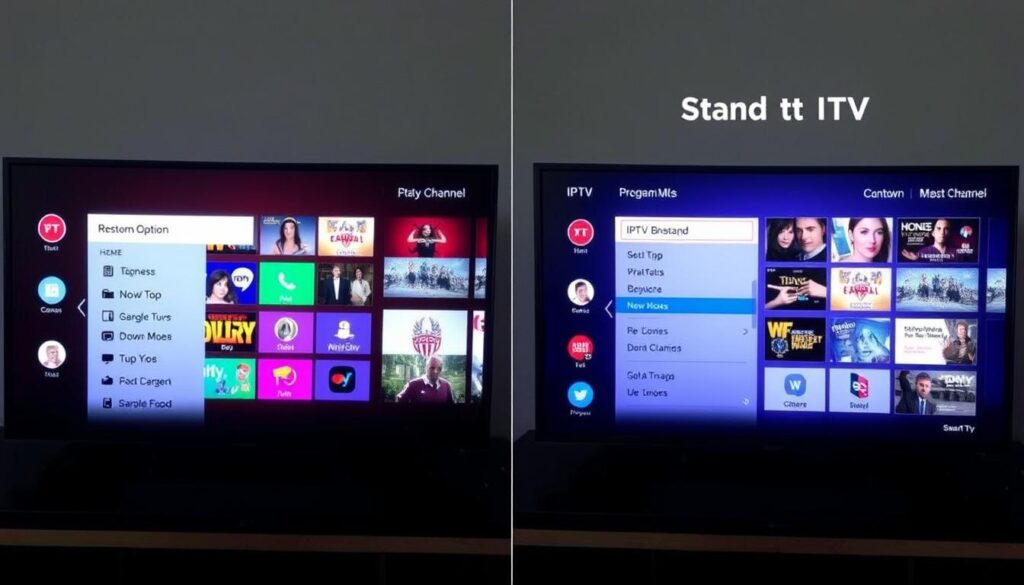
While many modern TVs come with smart capabilities and streaming apps, dedicated IPTV boxes offer several advantages:
IPTV Box Advantages
- More powerful processors for smoother performance
- Larger storage capacity for apps and recordings
- More frequent updates than smart TV platforms
- Ability to side-load apps not available in official stores
- Specialized interfaces designed for IPTV navigation
- Can be upgraded without replacing your TV
Smart TV Limitations
- Limited processing power affecting performance
- Restricted app ecosystems
- Fewer updates and shorter support periods
- Limited customization options
- Often slower navigation and loading times
- Cannot easily upgrade hardware capabilities
Key Features to Look for in an IPTV Box
When shopping for an IPTV box, these are the most important specifications and features to consider:
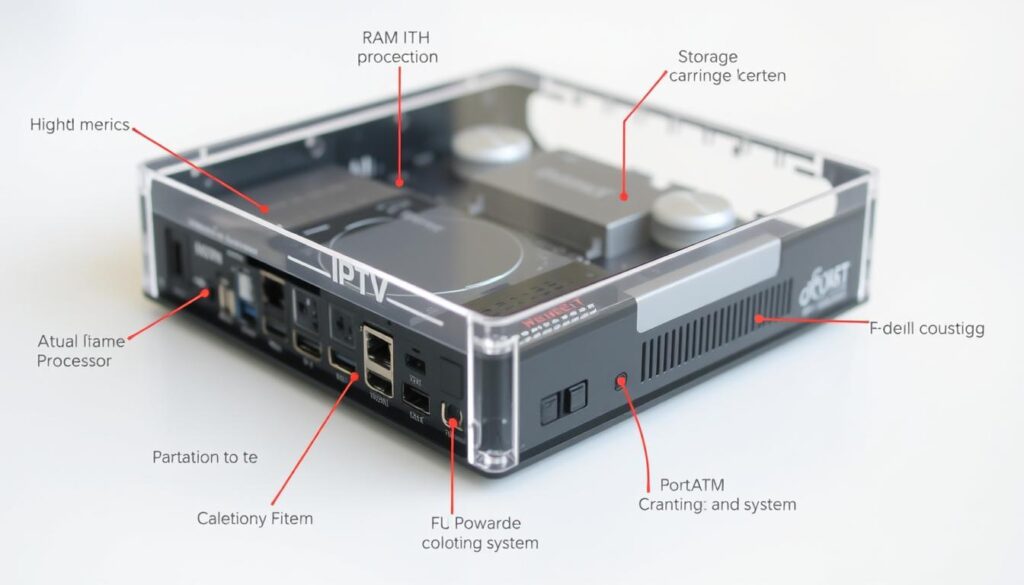
Processing Power
Look for quad-core processors or better. The CPU and GPU determine how smoothly your IPTV box will handle high-definition content and navigate through menus. More powerful processors prevent buffering and lag when streaming 4K content.
RAM & Storage
Aim for at least 2GB of RAM for smooth operation. For storage, 16GB should be the minimum, with 32GB or more ideal if you plan to install many apps or record content. Some boxes offer expandable storage via USB or microSD.
Operating System
Most IPTV boxes run on Android TV or modified Android systems. Look for devices with recent OS versions (Android 10 or newer) to ensure compatibility with the latest apps and security updates.
Resolution Support
4K support is now standard on mid-range and premium IPTV boxes. If you have a 4K television, ensure your box supports 4K resolution. Some premium models also support HDR (High Dynamic Range) for better color and contrast.
Connectivity Options
Ethernet ports provide the most stable connection. Look for dual-band Wi-Fi (2.4GHz and 5GHz) for wireless flexibility. HDMI 2.0 or higher ensures compatibility with modern TVs. USB ports allow for external storage or peripherals.
User Interface
An intuitive, responsive interface makes navigation easier. Some boxes offer customizable launchers or specialized IPTV interfaces with electronic program guides (EPG) for a cable-like experience.
Protect Your IPTV Streaming
When using IPTV services, a VPN is essential for privacy and accessing geo-restricted content. Get secure, anonymous streaming with our recommended VPN service.
Top 5 IPTV Boxes in 2025
After extensive testing and research, we’ve identified the best IPTV boxes currently available on the market. Each offers unique features and benefits for different user needs and budgets.
1. Formuler Z11 Pro Max
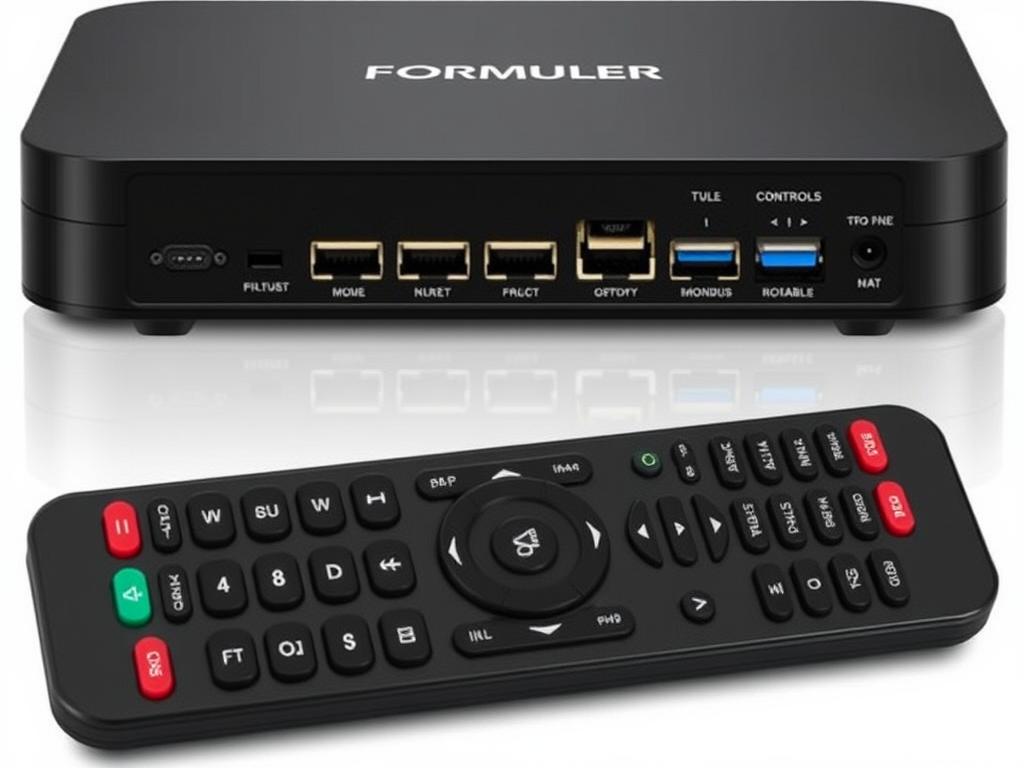
The Formuler Z11 Pro Max stands as the premium choice for serious IPTV enthusiasts. With its powerful hardware and specialized IPTV features, it delivers an exceptional streaming experience.
Key Specifications:
- Processor: Quad-core ARM Cortex
- RAM: 4GB DDR4
- Storage: 32GB (expandable)
- OS: Android 10 with MyTVOnline 3
- Resolution: 4K with HDR support
- Connectivity: Dual-band Wi-Fi, Ethernet, Bluetooth
- Ports: HDMI 2.0, USB 3.0, microSD
Why We Recommend It:
- MyTVOnline 3 app provides a superior IPTV experience
- Exceptional navigation speed with no lag
- Recording capabilities with remote storage options
- Specialized remote with dedicated IPTV buttons
- Regular firmware updates for improved performance
- Excellent community support and tutorials available
Price: $189.99
Best for: Power users who want the best possible IPTV experience and don’t mind paying a premium price.
Limitations: Netflix limited to SD quality, higher price point than competitors.
2. BuzzTV XR4000
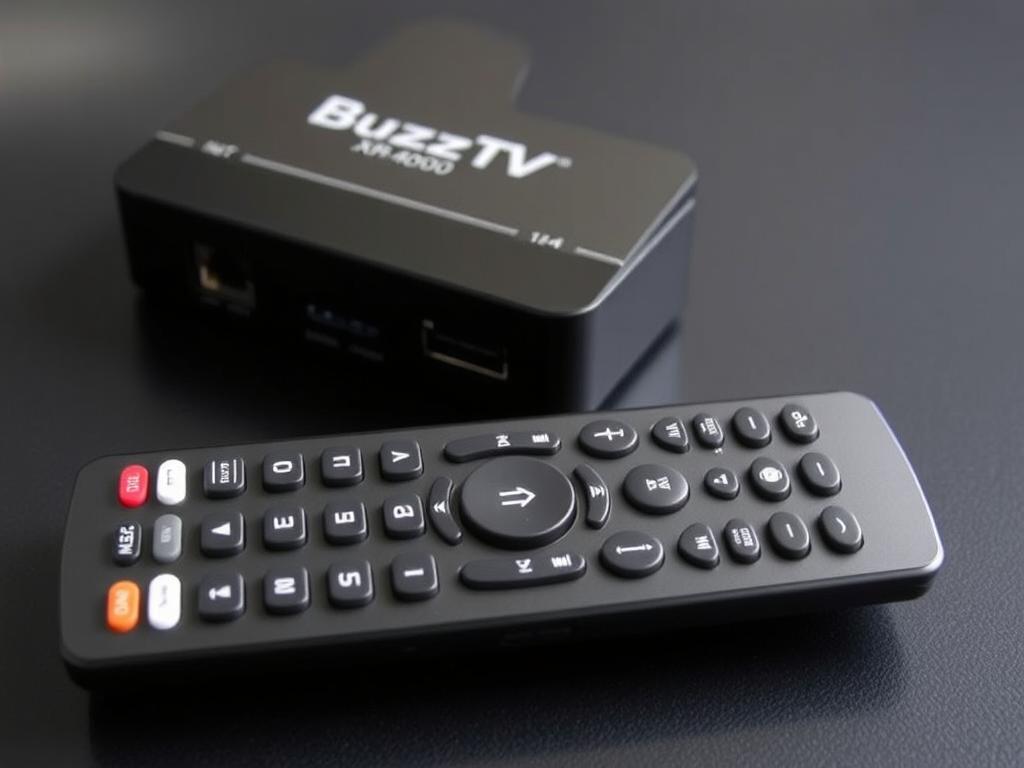
The BuzzTV XR4000 offers an excellent balance of performance and value, with specialized IPTV features that make it a strong contender for the best overall IPTV box.
Key Specifications:
- Processor: Quad-core ARM Cortex-A55
- RAM: 4GB
- Storage: 32GB (expandable)
- OS: Android 9.0
- Resolution: 4K with HDR10+
- Connectivity: Dual-band Wi-Fi, Ethernet, Bluetooth
- Ports: HDMI 2.0, USB 3.0, microSD
Why We Recommend It:
- Intuitive user interface with customizable shortcuts
- Excellent PVR capabilities for recording live TV
- TimeShift feature allows pausing and rewinding live TV
- Bluetooth remote with voice control
- Strong community support and regular updates
- Excellent value for the feature set
Price: $129.99
Best for: Users who want premium IPTV features at a more moderate price point.
Limitations: Slightly older Android version, occasional Wi-Fi connectivity issues.
3. NVIDIA SHIELD Pro
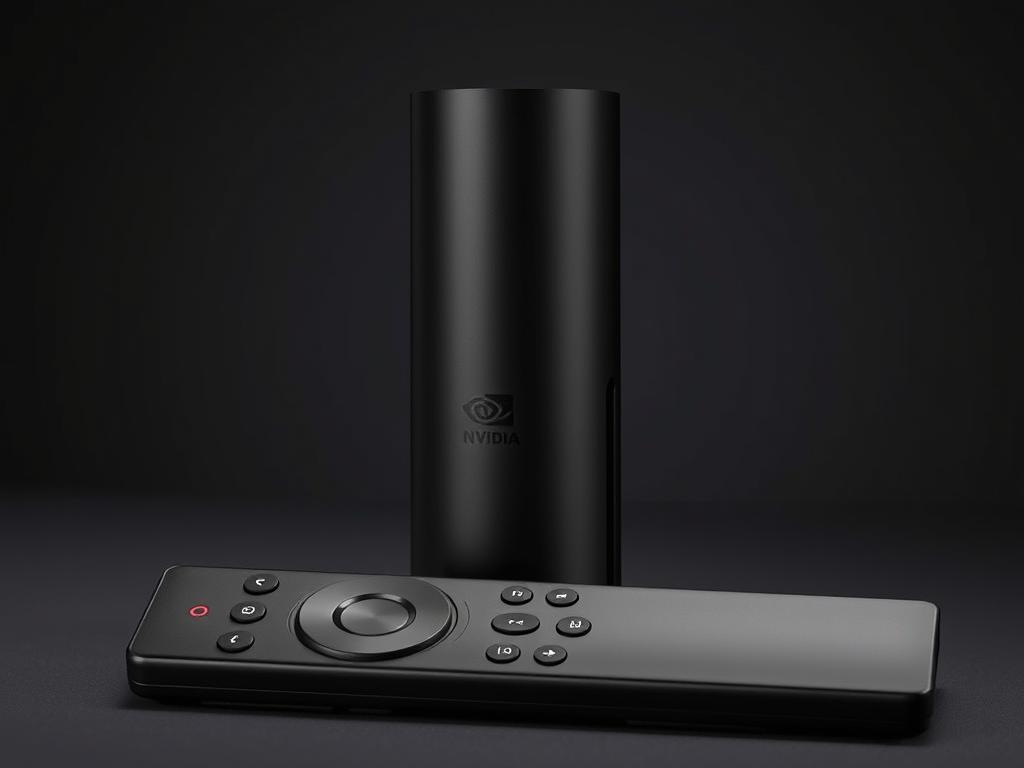
While not exclusively an IPTV box, the NVIDIA SHIELD Pro offers unmatched processing power that makes it perfect for IPTV applications alongside gaming and other media consumption.
Key Specifications:
- Processor: NVIDIA Tegra X1+ processor
- RAM: 3GB
- Storage: 16GB (expandable)
- OS: Android TV
- Resolution: 4K with Dolby Vision HDR
- Connectivity: Dual-band Wi-Fi, Ethernet, Bluetooth
- Ports: HDMI 2.0b, USB 3.0 x2
Why We Recommend It:
- Most powerful streaming device on the market
- AI upscaling improves HD content to near-4K quality
- Excellent for gaming alongside IPTV streaming
- Dolby Vision and Dolby Atmos support
- Regular updates and excellent long-term support
- Smooth performance with any IPTV app
Price: $199.99
Best for: Power users who want a multipurpose device for gaming, media, and IPTV streaming.
Limitations: Higher price point, no specialized IPTV interface out of the box.
4. Google TV Streamer
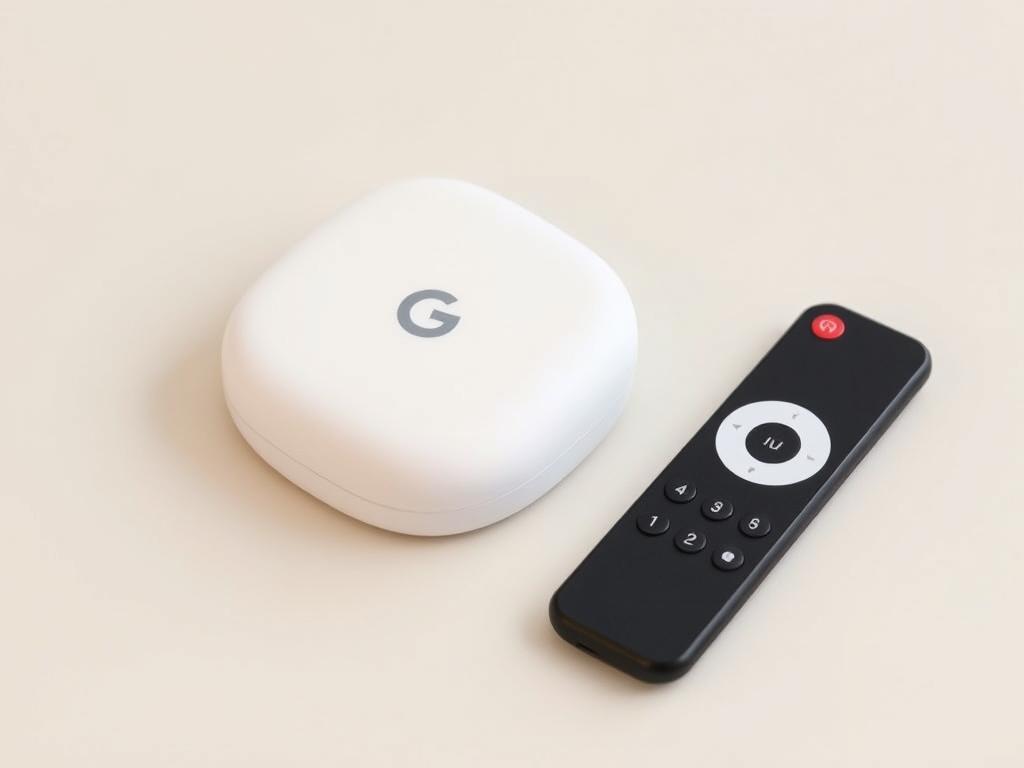
The Google TV Streamer offers an excellent balance of affordability and performance, with the clean Google TV interface making it easy to access both mainstream and IPTV content.
Key Specifications:
- Processor: Quad-core processor
- RAM: 2GB
- Storage: 32GB
- OS: Google TV (Android TV 14)
- Resolution: 4K with HDR10+
- Connectivity: Dual-band Wi-Fi, Ethernet, Bluetooth
- Ports: HDMI, USB-C
Why We Recommend It:
- Clean, intuitive Google TV interface
- Excellent content recommendations
- Google Assistant integration for voice control
- Easy side-loading of IPTV apps
- Compact design with two color options
- Regular updates from Google
Price: $99.99
Best for: Users who want a simple, reliable device for both mainstream streaming and IPTV apps.
Limitations: Less powerful than dedicated IPTV boxes, no specialized IPTV interface.
5. Amazon Fire TV Cube
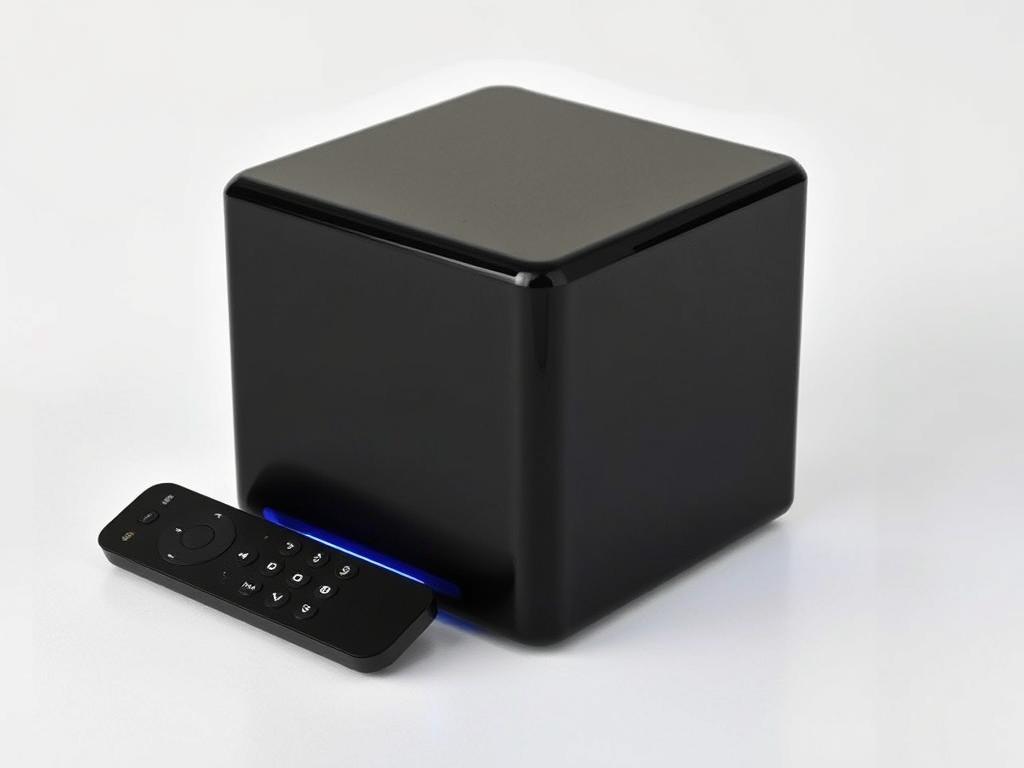
The Amazon Fire TV Cube combines streaming capabilities with smart home control, making it an excellent choice for users who want to integrate their IPTV experience with their Alexa ecosystem.
Key Specifications:
- Processor: Hexa-core processor
- RAM: 2GB
- Storage: 16GB
- OS: Fire OS (based on Android)
- Resolution: 4K with Dolby Vision
- Connectivity: Dual-band Wi-Fi, Ethernet, Bluetooth
- Ports: HDMI, USB, IR extender
Why We Recommend It:
- Hands-free Alexa control of content
- Built-in speaker for smart home control
- HDMI-CEC for controlling other devices
- Good side-loading capabilities for IPTV apps
- Dolby Atmos and Dolby Vision support
- Excellent integration with Amazon services
Price: $139.99
Best for: Amazon ecosystem users who want to integrate IPTV with their smart home setup.
Limitations: Amazon-centric interface, requires workarounds for some IPTV apps.
| IPTV Box | Price | Processor | RAM | Storage | Best For |
| Formuler Z11 Pro Max | $189.99 | Quad-core ARM Cortex | 4GB | 32GB | Dedicated IPTV users |
| BuzzTV XR4000 | $129.99 | Quad-core ARM Cortex-A55 | 4GB | 32GB | Value-conscious power users |
| NVIDIA SHIELD Pro | $199.99 | NVIDIA Tegra X1+ | 3GB | 16GB | Gaming + IPTV streaming |
| Google TV Streamer | $99.99 | Quad-core | 2GB | 32GB | Google ecosystem users |
| Amazon Fire TV Cube | $139.99 | Hexa-core | 2GB | 16GB | Amazon ecosystem users |
How to Set Up Your IPTV Box: Step-by-Step Guide
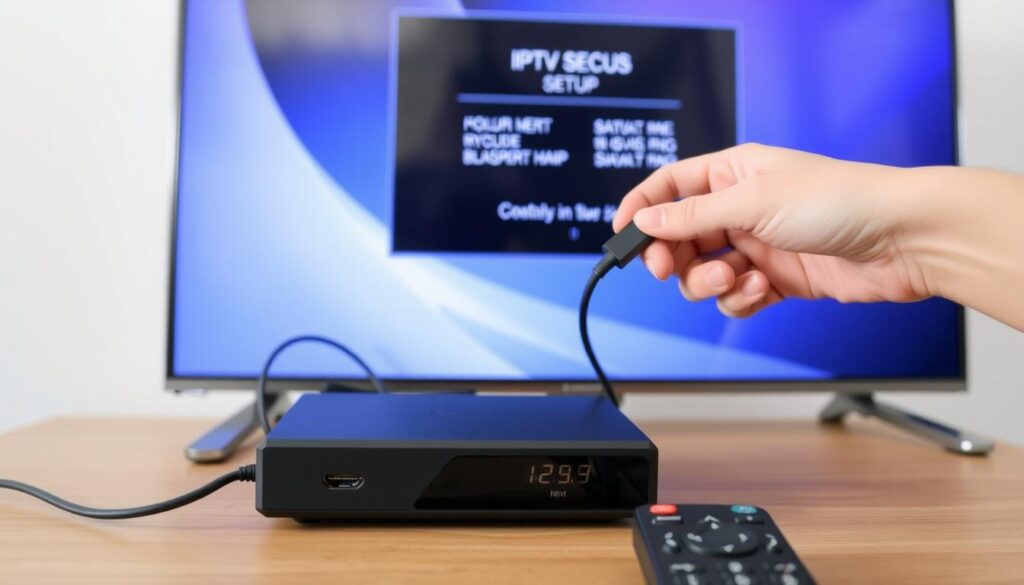
Setting up your new IPTV box is straightforward, but following these steps will ensure you get the best possible experience from the start.
-
Connect the hardware
Connect your IPTV box to your TV using an HDMI cable. Then connect the power adapter and turn on the device. If you’re using a wired internet connection, connect an ethernet cable from your router to the box.
-
Complete initial setup
Follow the on-screen instructions to select your language, connect to Wi-Fi (if not using ethernet), and sign in with your Google account (for Android-based boxes) or create a device account.
-
Update the firmware
Check for system updates in the settings menu and install any available updates. This ensures you have the latest features and security patches.
-
Install IPTV applications
Depending on your IPTV service, you may need to install specific apps. These can typically be found in the device’s app store or may require side-loading (installing apps from outside the official store).
-
Configure your IPTV service
Open your IPTV app and enter your subscription details. This usually involves inputting a URL, username, and password provided by your IPTV service provider.
-
Optimize your settings
Adjust video quality settings based on your internet speed. If you have a fast connection, set to the highest quality. If you experience buffering, try reducing the quality.
-
Set up additional features
Configure recording options, favorites lists, and parental controls according to your preferences.
Pro Tip: For the best streaming experience, use a wired ethernet connection whenever possible. Wi-Fi can be affected by interference and distance from your router, potentially causing buffering during high-quality streams.
Legal Considerations When Using IPTV Boxes
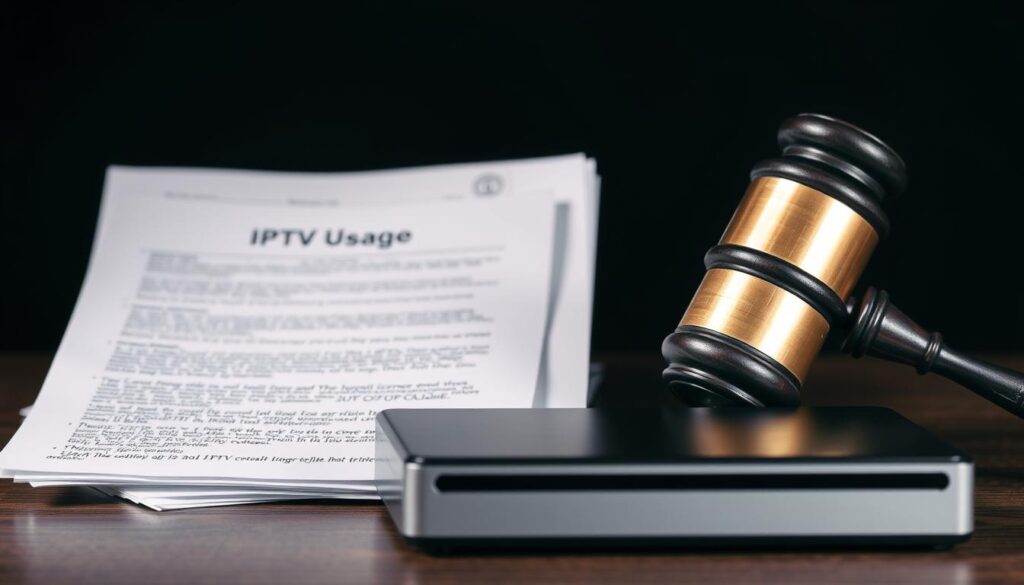
Understanding the legal landscape of IPTV is crucial for responsible use. While IPTV boxes themselves are completely legal devices, how you use them determines whether you’re operating within the law.
Legal vs. Illegal IPTV Services
Legal IPTV Services
- Licensed services that pay for content rights
- Official apps from content providers (Netflix, Hulu, etc.)
- Free and legal services like Pluto TV or Tubi
- IPTV services from legitimate telecommunications companies
- Services that charge reasonable subscription fees
Warning Signs of Illegal Services
- “Too good to be true” pricing for premium channels
- Services advertising “all channels for one low price”
- Providers with no official business information
- Services that require “jailbroken” or “fully loaded” devices
- Providers that don’t have a clear privacy policy
Important: Using IPTV services that provide unauthorized access to copyrighted content is illegal in most countries and can result in legal consequences. Always research the legitimacy of any IPTV service before subscribing.
Protecting Yourself While Using IPTV
Even when using legitimate IPTV services, taking steps to protect your privacy and security is important:
- Use a reputable VPN service to protect your data and privacy
- Keep your IPTV box and apps updated with the latest security patches
- Use strong, unique passwords for your IPTV service accounts
- Be cautious about installing apps from unknown sources
- Research IPTV services thoroughly before subscribing
“The IPTV box itself is just a piece of hardware, like a computer. It’s how you use it that determines legality. Always ensure you’re accessing content through authorized channels.”
Stream Safely and Securely
Protect your privacy and secure your connection when using IPTV services. Our recommended VPN encrypts your data and prevents ISP throttling.
Frequently Asked Questions About IPTV Boxes
Is an IPTV box worth it?
For many users, an IPTV box is definitely worth the investment. If you’re looking to access a wider range of content than traditional cable offers, want more flexibility in how you consume media, or are trying to reduce monthly subscription costs, an IPTV box can provide excellent value. The initial cost is quickly offset by savings on cable subscriptions, especially when paired with affordable IPTV services.
Do I need a VPN when using an IPTV box?
While not strictly required, using a VPN with your IPTV box is highly recommended for several reasons. A VPN enhances your privacy by encrypting your connection, prevents potential ISP throttling of streaming traffic, and can help access geo-restricted content. Additionally, it adds a layer of security when using public Wi-Fi networks to stream content.
What’s the difference between an IPTV box and a regular streaming device?
While there’s some overlap, IPTV boxes are specifically optimized for IPTV services with features like specialized interfaces for channel guides, recording capabilities, and often more powerful hardware for smooth streaming. Regular streaming devices (like basic Roku or Fire TV sticks) focus primarily on app-based streaming services like Netflix and Hulu, though many can also run IPTV apps with varying degrees of performance.
How much internet speed do I need for an IPTV box?
For standard definition content, a minimum of 3-5 Mbps is recommended. For HD content, aim for at least 5-10 Mbps. For 4K streaming, you’ll need 25 Mbps or higher. Keep in mind that these are per-stream requirements, so if multiple devices are streaming simultaneously in your household, you’ll need to account for the combined bandwidth usage.
Can I watch regular TV channels on an IPTV box?
Yes, IPTV boxes can access regular TV channels through various means. Many legitimate IPTV services offer packages that include local and national channels. Additionally, apps like YouTube TV, Sling, or Hulu + Live TV provide access to traditional TV channels through their subscription services. Some IPTV boxes also support antenna connections for accessing free over-the-air broadcasts.
Are “fully loaded” IPTV boxes legal?
Be cautious of “fully loaded” or “jailbroken” IPTV boxes. These often come pre-installed with applications that access copyrighted content without proper licensing, which is illegal in most jurisdictions. It’s safer to purchase a standard IPTV box and then subscribe to legitimate IPTV services separately. This not only keeps you on the right side of the law but also provides better security and reliability.
Conclusion: Choosing the Right IPTV Box for Your Needs
Selecting the perfect IPTV box depends on your specific needs, technical requirements, and budget. For dedicated IPTV enthusiasts who want the best possible experience, premium options like the Formuler Z11 Pro Max or NVIDIA SHIELD Pro offer unmatched performance and features. For those seeking value without sacrificing quality, the BuzzTV XR4000 or Google TV Streamer provide excellent options at more moderate price points.
Whichever IPTV box you choose, ensure you’re using legitimate services and taking appropriate security measures. The world of IPTV offers incredible flexibility and content options that traditional cable simply can’t match, making it an excellent choice for modern entertainment needs.
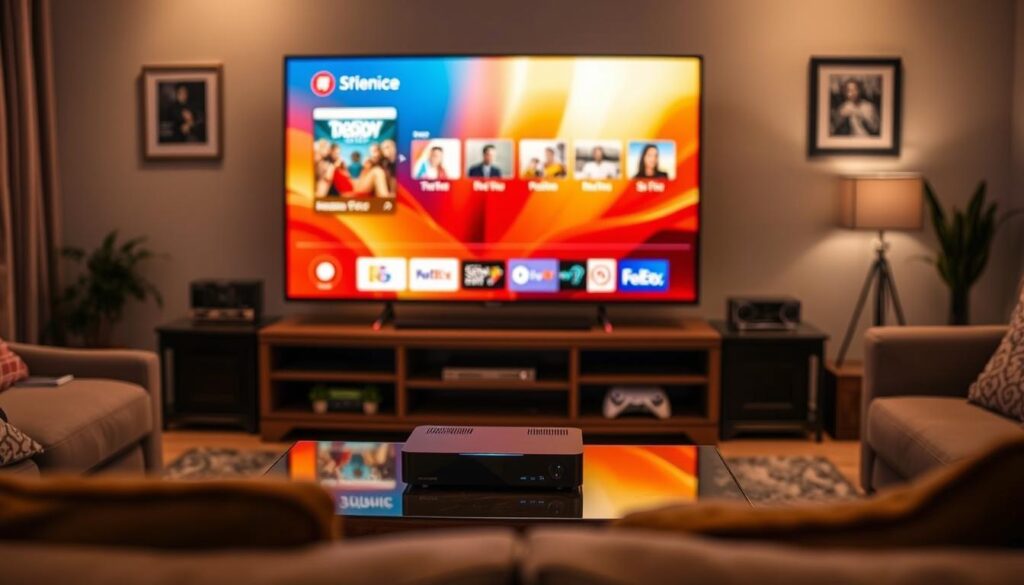
Ready to Enhance Your Streaming Experience?
Explore our top-rated IPTV boxes and transform how you watch television. Get access to thousands of channels and on-demand content with the perfect device for your needs.
Disclaimer: This article is for informational purposes only. We do not endorse or encourage the use of IPTV services that provide unauthorized access to copyrighted content. Always check the legality of IPTV services in your region before subscribing. The legality of IPTV services varies by country and jurisdiction.
